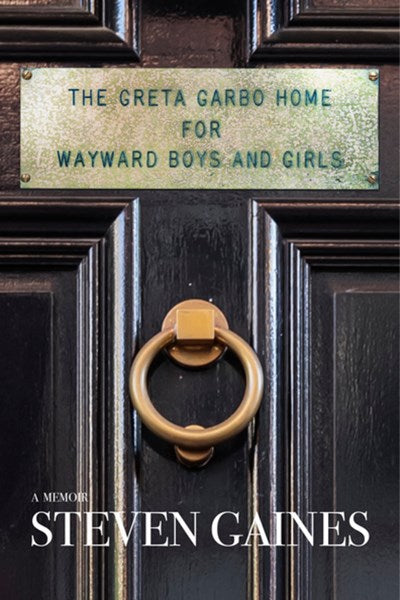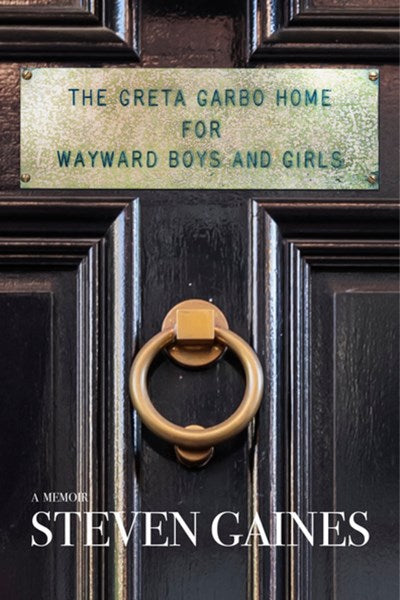The Greta Garbo Home for Wayward Boys and Girls
The Greta Garbo Home for Wayward Boys and Girls
Couldn't load pickup availability
By: Steven Gaines
A sequel to the author’s critically acclaimed Delphinium title, One of these Things First, The Greta Garbo Home for Wayward Boys and Girls is a poison-pen, love letter to the end of an era—Manhattan during the decadent, late 1970s. With wry, sometimes gallows humor, the author chronicles life in the bicoastal fast lane and the corrosive nature of fame and money, from inside Beekman Place penthouses, the halls of publishing, and ultimately the perils of publishing a biting roman a clef about Studio 54, provoking the ire of the rich and powerful.
Picking up where he left off at the end of his widely praised debut memoir, Gaines recounts a dual narrative of his attempts to forge a writing career and a successful love life. With the encouragement of his psychiatrist (with whom he undergoes Freudian analysis) to sublimate his desires for men into enduring relationships with women, the author proceeds with limited success until he meets and touchingly falls in love with an older woman dying of cancer. Meanwhile, his unlikely and serendipitous career as a writer begins when he meets a former child evangelist at Max’s Kansas City, the famous Manhattan watering hole, and somehow with naïve chutzpah, manages to land a book deal brokered by the elegant sister of the composer Leonard Bernstein. The published book leads to an opportunity to write the highly influential Top of the Pop column for the New York Sunday News, a job that takes the author to Hollywood every other week. As his writing career flourishes, Gaines gives in to his deeper impulses and begins to court and fall in love with men who don’t quite return his affection, making him eventually recognize the sad irony that a woman dying of cancer, to whom he was unable to commit could quite possibly have been the great love of his life. One of these not-quite-available men is a bartender from Studio 54 who Gaines convinces to coauthor a roman-à-clef about the famous night club. Having spent time with such notables as Andy Warhol, he has plenty of material to draw from. However, the published book, with its thinly disguised characters, provokes the wrath of the rich and famous and powerful, who collectively want to destroy the author’s reputation and career. But then, just when the author feels he has hit rock bottom, another moment of serendipity graces him: A phone call from a man who once managed the Beatles with the offer to co-write a biography of the four, and an opportunity that leads Gaines to write a book that ends up on the New York Times Bestseller list, and leads to popular esteem and for the author, a feeling of momentary redemption.


